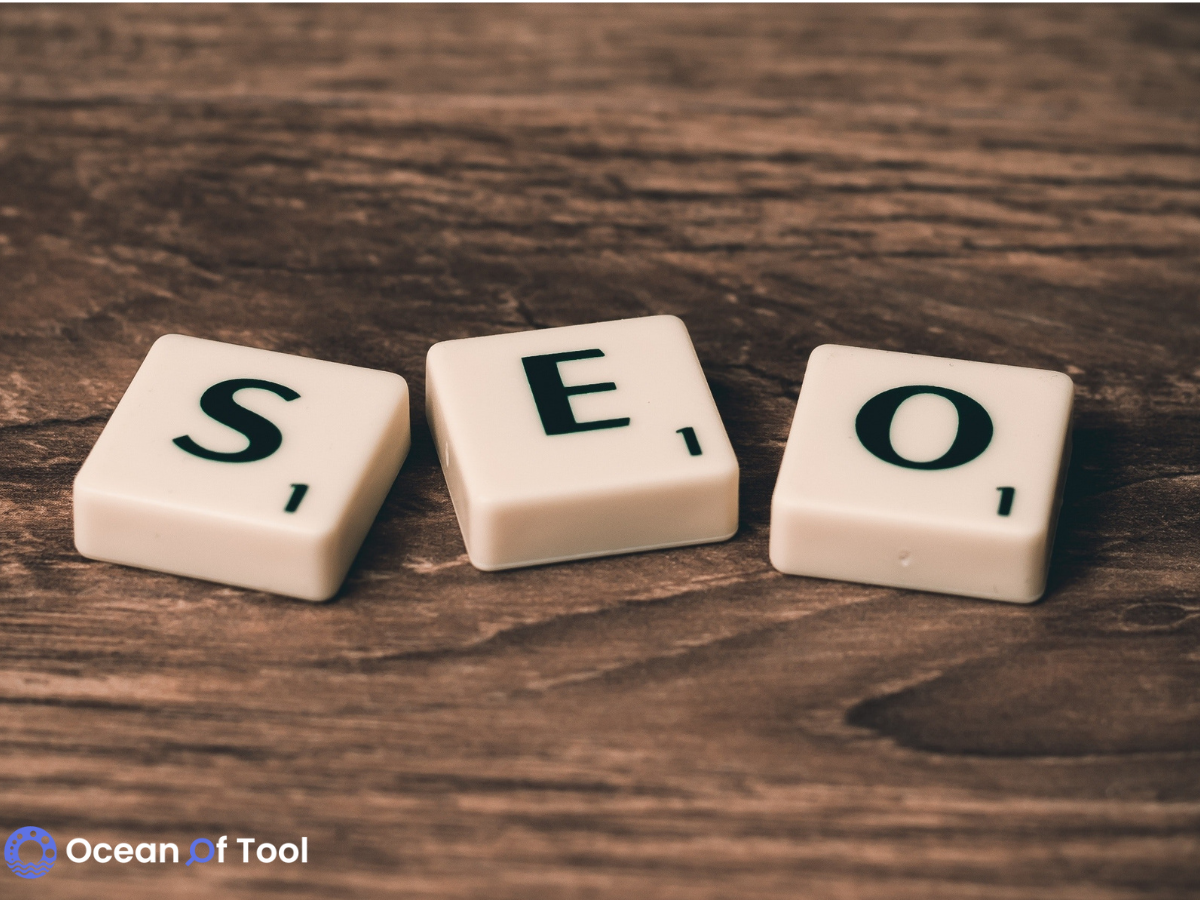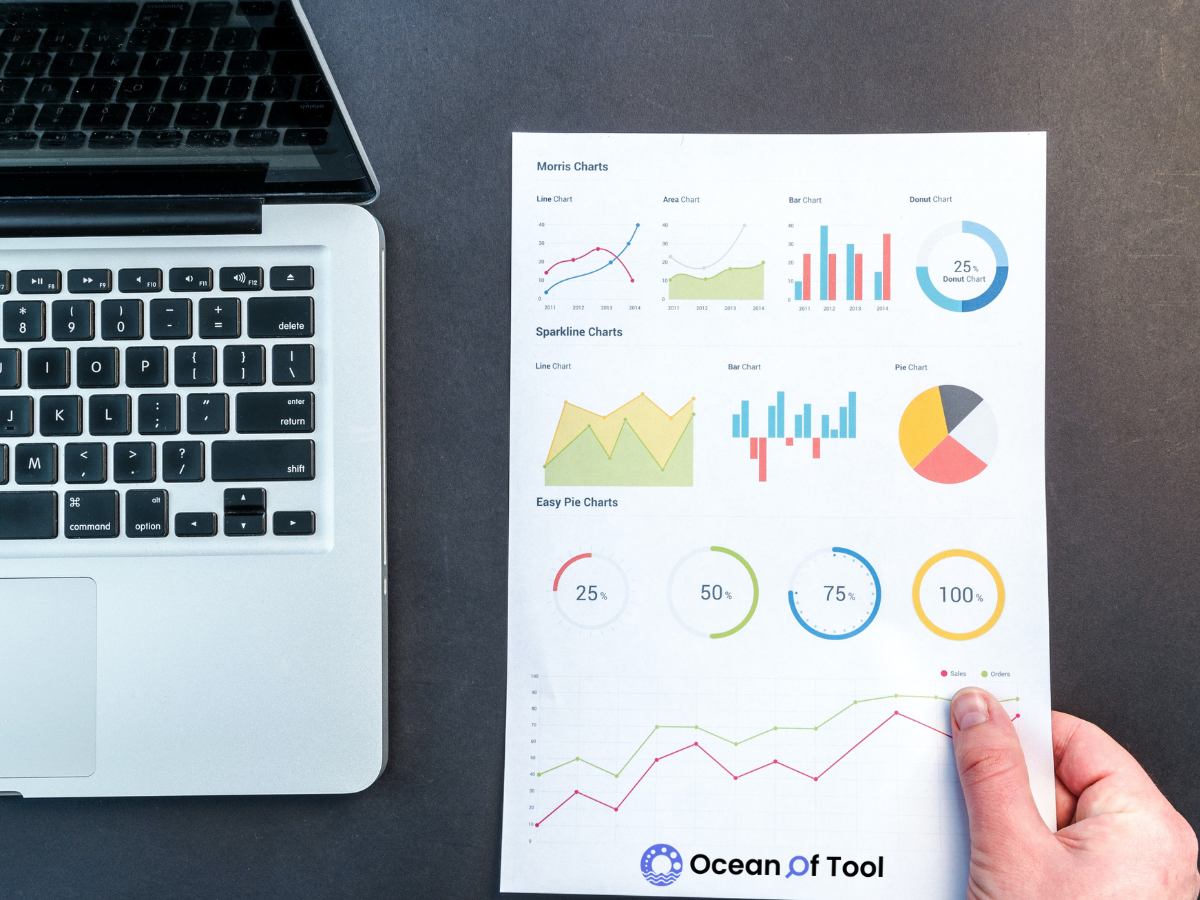8 Hidden Methods to Improve website SEO:
Increase SEO & Boost Ranking
Use These 8 Hidden Methods to Improve website SEO:
Unlock the hidden methods to improve website SEO and your ranking with our free SEO tools. Say goodbye to low visibility and hello to Boost ranking and increased traffic!
- Your page names and meta descriptions should contain keywords.
- H1, H2, and other header tags can be used to arrange your content.
- Images may be described with alt text.
- To make your website easier to browse for consumers and search engines, employ internal linking.
- To establish credibility and authority, use external linking.
- Make use of social media to draw links and promote your material.
- Analyze your data to monitor your development and boost your SEO.
- Make it simple for search engines to scan your website by using a sitemap.
Use keywords in your page titles and meta descriptions:
A significant SEO tactic is the use of keywords in page names and meta descriptions. The most crucial on-page component is your page title, also known as the title tag, which is essential for both people and search engines. Search engines utilize the clickable title that displays on search engine results pages (SERPs) to determine the page's topic. The target keywords should be present in the title tag, which should also be distinctive and correctly represent the page's content.
On the other side, meta descriptions offer an overview of the page's content. They are used to help consumers understand the topic of the page by appearing beneath the title in SERPs. The meta description should also contain keywords to make it apparent to users and search engines what the website is about. However, it's critical to produce interesting and intriguing meta descriptions because they can affect the SERP click-through rate.
The use of pertinent keywords in page titles and meta descriptions can improve page rankings for those keywords, boost click-through rates, and ultimately enhance website traffic and Boost ranking.
Use header tags (H1, H2, etc.) to organize your content:
Another hidden methods to improve website SEO is to use header tags, usually referred to as H1, H2, H3, and so forth, to arrange your material and boost SEO. In order to help readers and search engines comprehend the primary subjects and subtopics of your website, header tags are used to establish a hierarchical framework for your content.
The primary title or theme of the page is indicated by the H1 element, which is the most significant header tag. It should only be used once per page, usually for the page header or the primary heading of an article. The H2 and H3 tags, which can be used more than once on a page, are used for subheadings and sub-subheadings, respectively.
It's also vital to keep in mind that employing keywords in your header tags might improve your SEO. You can tell search engines what the page is about and enhance your chances of showing up in the results for those keywords by putting your target keywords in the H1, H2, and H3 tags.
Use alt text to describe images:
Search engines may better comprehend the content of your website's photos by using alt text, a crucial SEO practice. When an image cannot be loaded, a text description of the picture, sometimes referred to as the alt text or alt property, is shown. Additionally, screen readers for individuals who are blind read it.
Always provide a meaningful alt text that precisely explains the image when utilizing it on your website. Keywords pertinent to the picture and the page's overall content should be included in the alt text. It will be simpler for search engines to comprehend the image's context as a consequence, increasing the likelihood that the image may turn up in image search results.
It's also important to keep in mind that utilizing pictures that are not appropriate for the page's context or failing to properly tag them with alt text can actually affect your SEO by confusing search engines and perhaps reducing your search rating.
Use internal linking to help users and search engines navigate your website:
Another hidden methods to improve website SEO is to use Internal linking, it is a crucial strategy to facilitate user and search engine navigation on your website and raise your SEO. Linking to other pages on your own website is known as internal linking. Both users and search engines benefit from it since it makes it easier for visitors to locate relevant material and explore your website.
Using internal linking has various advantages:
- It makes it simpler for people to explore your website and discover pertinent material.
- It distributes link equity (page authority) throughout all of the pages on your website, which helps to increase the visibility of the rest of your pages.
- It makes it more likely that your pages will show up in search results since it aids search engines in understanding the structure and hierarchy of your website.
Additionally, it can lengthen visitors' stays on your website and lower bounce rates, which can enhance user experience overall.
It's also crucial to remember that manipulating or overusing internal links can actually hurt your SEO and lead to the search engines penalizing your website and Boost ranking chances.
Use external linking to build authority and credibility:
External linking is a crucial strategy to increase the authority and legitimacy of your website and boost SEO. Linking to other websites is known as external linking, and it has various uses.
- You may position your website as a reliable and authoritative source of information by including links to trustworthy sites.
- By pointing readers to relevant content on other websites, it gives consumers more details and context.
- Additionally, it might aid in bringing backlinks to your website, which is important for SEO.
- Additionally, it can show search engines that your website is active and actively disseminating useful content that isn't already on it.
It's crucial to make sure that any external connections you create are reliable, relevant, and beneficial. Linking to spammy or low-quality websites might damage your website's reputation and SEO. Instead, point them to reliable websites that are pertinent to the information on your page.
Use social media to promote your content and attract links:
A key strategy to Boost SEO is to use social media for advertising your content and generating links. Social networking sites like Facebook, Twitter, Instagram, LinkedIn, and others are effective tools for expanding the visibility of your material and drawing in new readers. You may boost the number of visitors to your website and hence your search exposure by sharing your material on social media.
Sharing your material on social media may also aid in generating backlinks, which are important for Boost SEO. Backlinks are links pointing to your website from other websites. Your website will look more reliable and authoritative to search engines the more hyperlinks you have.
Increasing the exposure and awareness of your business may also be accomplished by promoting your content on social media. As individuals who visit your website through social media are more likely to share your material with their friends and followers, which may result in more backlinks, it can also assist to improve the referral traffic to your website.
Use analytics to track your progress and improve your SEO:
Another hidden methods to improve website SEO and Boost ranking is to use analytics to monitor your development and boost SEO. You may monitor the performance of your website by using analytics tools, such as Google Analytics, to see how many people are visiting it, how long they remain there, and how many pages they see. You may use this information to pinpoint your website's weak points and make adjustments to raise its SEO.
For instance, you may monitor the traffic to your website and determine which pages are being seen the most frequently using analytics. If you see that a certain page isn't receiving as much traffic as you'd like, you can use this information to make adjustments to that page's SEO, such as improving the title tag and meta description or including more pertinent content.
Use a sitemap to make it easy for search engines to crawl your website:
A sitemap is a crucial tool for facilitating search engine crawling of your website and enhancing SEO. A sitemap is an XML file that contains a list of all the URLs on your website along with other details like when the page was last updated and how frequently it updates. This data makes it easier for search engines to comprehend the layout of your website and increases the likelihood that your pages will show up in search results.
You may assist search engines in finding and crawling all of the pages on your website, including those that might not be reachable by standard navigation or links, by developing and sending a sitemap to them. This might make it easier to guarantee that all of the material on your website is indexed and visible to visitors in search results.
A sitemap can be created manually or automatically using a sitemap-generating application. You may use webmaster tools or a search console to send the sitemap to search engines after it has been prepared.
Why Choose Us?
The tools on our website, https://oceanoftools.com/, assist users to optimise their websites for search engines and raising their search engine ranks. These tools include keyword research, backlink analysis, competition analysis, and website audit tools. These tools may help users find and fix technical problems with their website, optimize content for certain keywords, and monitor the performance and development of their website over time. Hope you guys like these hidden methods to improve website SEO and Boost ranking, The website furthermore provides courses and materials on SEO best practices and tactics.
Ocean Of Tool
YouTube & SEO Tools
Start Using YouTube, SEO Tools & Other Website Optimization Tools, along with L(e)arning Money Making Skills at oceanoftool.com. Digital Marketing, Affiliates, AdSense, Clickbank, YouTube & More. Most Popular: Amazon Affiliates, Google Adsense, Digital Marketing, Website Designing!


